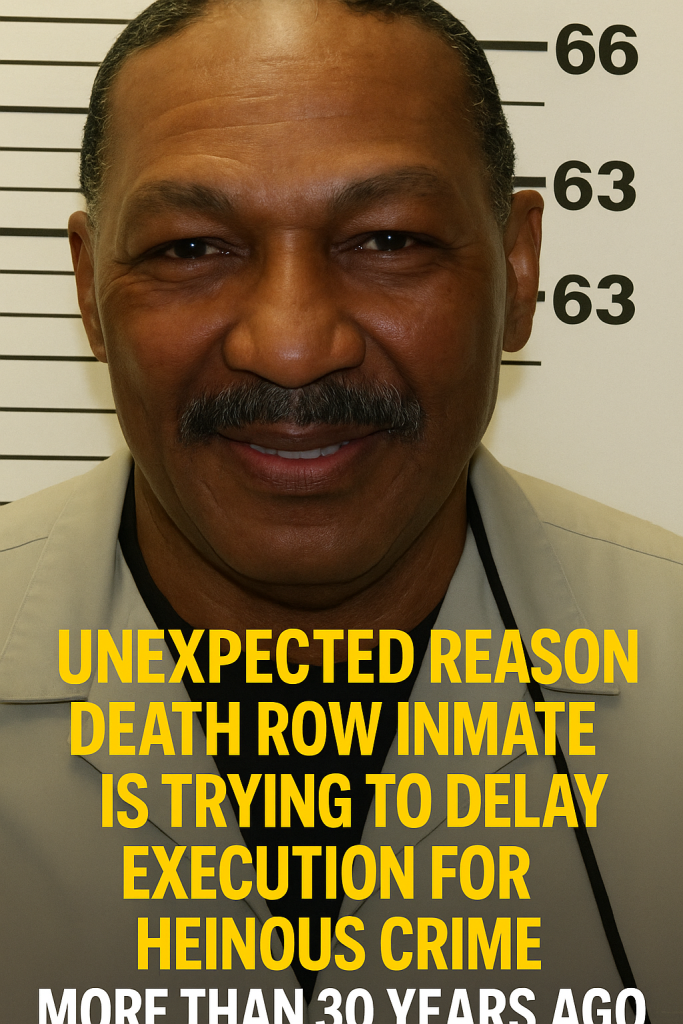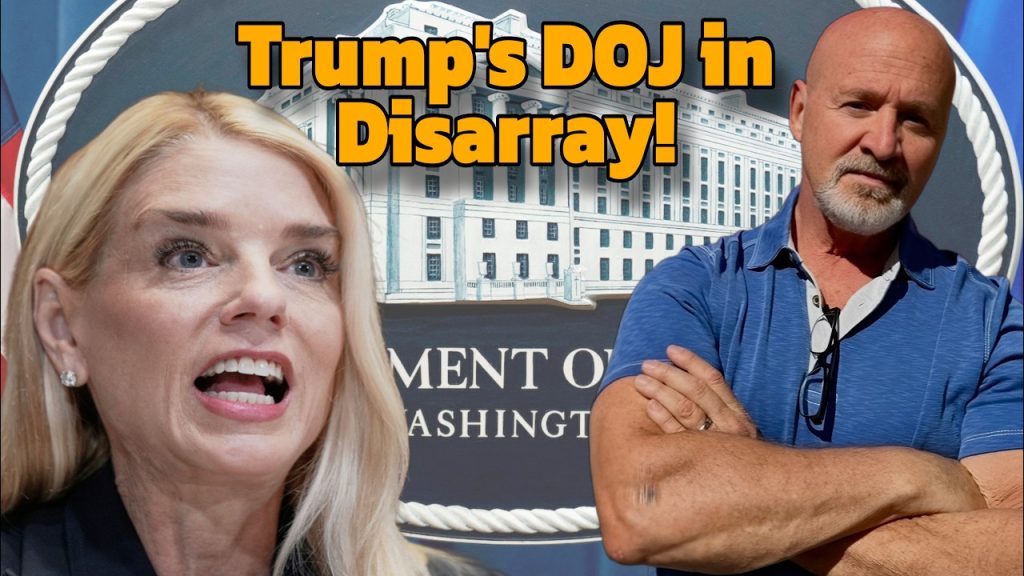A death row inmate convicted of a brutal crime committed over 30 years ago is sparking a legal battle as his attorneys scramble to postpone his execution. The case, which has drawn renewed public attention, reveals an unexpected reason behind the inmate’s urgent last-minute efforts to delay his death sentence — a move that has ignited fierce debates about justice, finality, and possible innocence in long-past cases.
In a dramatic turn of events, the inmate’s defense team recently filed appeals arguing for postponement due to newly surfaced evidence they claim could alter the understanding of the 1990s conviction. Details about the nature of this so-called “unexpected reason” have not been fully disclosed, but insiders suggest the evidence challenges some key forensic conclusions that led to his conviction for a heinous crime, which had shocked the community three decades ago.
The legal fight has intensified in 2024 as the scheduled execution date approaches rapidly. Defense attorneys say their scramble to delay the execution is a race against time to ensure the inmate receives a fair examination of the new information under the law. They emphasize that in cases this old, the justice system must be extremely cautious, as evidence can be lost or misinterpreted over decades.
Background of the Case
The case dates back more than 30 years to a violent crime that resulted in the death penalty for the convicted individual, known only by his age identifier in court documents: in his mid-60s at present, matching clues led by law enforcement agencies describing him in his early 30s when the crime occurred. Over the years, the case has been the subject of numerous appeals and stays, many denied by courts citing overwhelming evidence and procedural finality.
However, the momentum shifted when the defense team presented what they call “new forensic analysis” and witness recantations that could question the reliability of certain testimonies and forensic methods used at the time. In some aspects, the evidence referenced emerges from advances in DNA testing and digital scrutiny unavailable at the original trial.
The Legal and Ethical Stakes
This legal struggle has raised profound questions about the handling of decades-old death penalty cases. Advocates for the inmate argue that if there’s even a sliver of doubt introduced by new evidence, fairness demands a pause and re-examination. Opponents, including certain victim advocacy groups, contend that repeated delays undermine the finality of justice and retraumatize victims’ families by prolonging closure.
Attorneys on both sides acknowledge the complexity of balancing the certainty in decision-making with the rights of a condemned prisoner facing irreversible punishment. “The stakes couldn’t be higher,” one legal expert familiar with the case remarked. “At the heart, it’s about justice — both for the victim’s family and for a man whose fate may hinge on evidence we didn’t have the chance to fully evaluate until now.”
What’s Next?
The court is expected to make a ruling in the coming days on whether to grant a stay of execution. If the stay is approved, it would allow more time for full forensic review and possibly new hearings — prolonging a saga that has gripped the community’s attention anew.
Meanwhile, the inmate’s legal team continues to lobby aggressively, arguing that every effort must be made to prevent an irreversible miscarriage of justice. As courts weigh their options, the case remains an intense example of how justice systems wrestle with the passage of time and evolving evidence in capital punishment cases.
Regardless of the outcome, the battle sheds light



